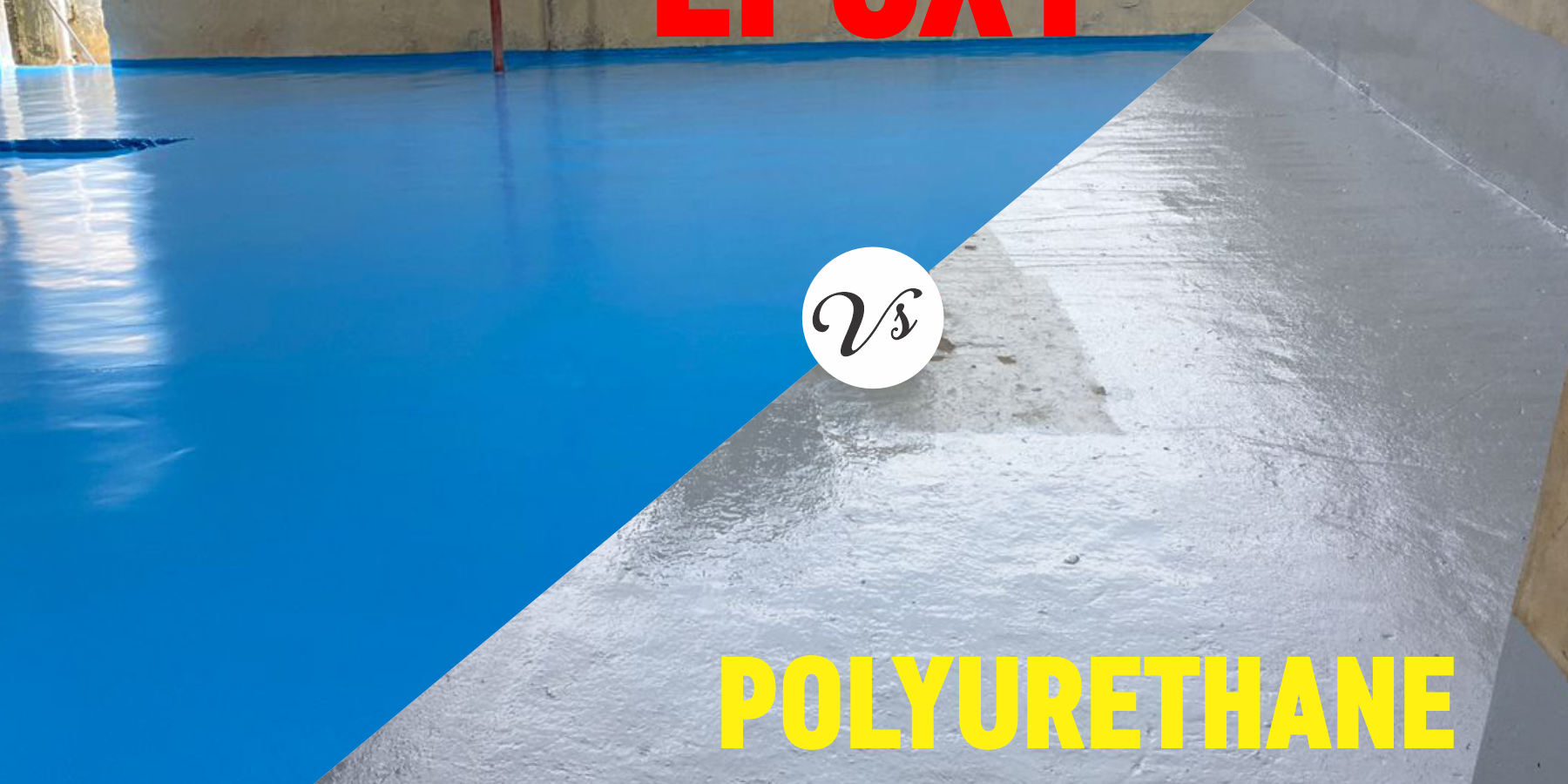When it comes to protective coatings, polyurethane and epoxy are two of the most commonly used materials. While both offer durability and resilience, each has unique characteristics that make it suitable for specific applications. Choosing the right coating for your project depends on factors like surface type, environmental conditions, and desired finish. Let’s dive into a detailed comparison to help you make an informed decision.
1. Understanding Polyurethane Coatings
Polyurethane coatings are versatile and highly resistant to wear and tear. They’re often chosen for their ability to handle dynamic environments and provide a sleek, glossy finish.
Key Features of Polyurethane Coatings:
- Flexibility: Polyurethane coatings are more flexible than epoxy, making them ideal for surfaces that may expand or contract with temperature changes.
- UV Resistance: These coatings are highly resistant to UV radiation, preventing yellowing or degradation when exposed to sunlight.
- Abrasion Resistance: Polyurethane is excellent for high-traffic areas due to its resistance to scratches, scuffs, and impacts.
- Aesthetic Appeal: They offer a smoother and shinier finish compared to epoxy coatings.
Common Applications:
- Outdoor surfaces like parking decks and industrial floors.
- Decorative flooring systems in commercial spaces.
- Protective coatings for wood and metal structures.
2. Understanding Epoxy Coatings
Epoxy coatings are renowned for their toughness and chemical resistance. They provide a strong, durable barrier ideal for industrial and heavy-duty environments.
Key Features of Epoxy Coatings:
- Chemical Resistance: Epoxy coatings are highly resistant to acids, alkalis, and solvents, making them ideal for industrial settings.
- Strength and Durability: They form a rigid, hard surface that can withstand heavy loads and impacts.
- Adhesion: Epoxy bonds exceptionally well to concrete, creating a seamless and durable layer.
- Cost-Effectiveness: Epoxy coatings are often more affordable than polyurethane and are long-lasting.
Common Applications:
- Industrial floors in factories and warehouses.
- Garage floors and commercial kitchens.
- Structural steel and concrete coatings in chemical plants.
3. Polyurethane vs. Epoxy: A Side-by-Side Comparison
| Feature | Polyurethane | Epoxy |
|---|---|---|
| Flexibility | High – handles surface movement well | Low – rigid and prone to cracking on movement surfaces |
| UV Resistance | Excellent – ideal for outdoor use | Poor – prone to yellowing over time |
| Abrasion Resistance | Very high – great for high-traffic areas | Moderate – suitable for medium traffic |
| Chemical Resistance | Moderate | Excellent – withstands harsh chemicals |
| Application Environment | Indoor and outdoor | Primarily indoor applications |
| Finish | Glossy and smooth | Glossy but less refined |
4. Which Coating Should You Choose?
- Choose Polyurethane If:
- Your project involves outdoor surfaces exposed to sunlight.
- You need a flexible coating that can handle temperature fluctuations.
- You want a glossy, decorative finish for commercial or residential spaces.
- Choose Epoxy If:
- Your project involves heavy-duty industrial or chemical environments.
- You need a rigid, highly durable surface that can withstand heavy loads.
- You’re working with indoor surfaces like garages, warehouses, or factory floors.
5. Combining Polyurethane and Epoxy
In some cases, combining both coatings can deliver the best of both worlds. For example:
- Apply an epoxy base layer for its durability and chemical resistance.
- Add a polyurethane topcoat for enhanced UV resistance and abrasion protection.
This combination is particularly effective for high-performance floors in industrial or commercial settings.
6. Conclusion
Both polyurethane and epoxy coatings offer distinct advantages, making them suitable for different applications. By understanding their unique properties, you can select the right coating to meet your project’s specific needs.
If you’re unsure which coating is best for your project, Costarchem Nigeria can help! Our team of experts provides tailored solutions and high-quality products to ensure your project’s success.
Contact us today to learn more about polyurethane and epoxy coatings and how we can support your next project.







